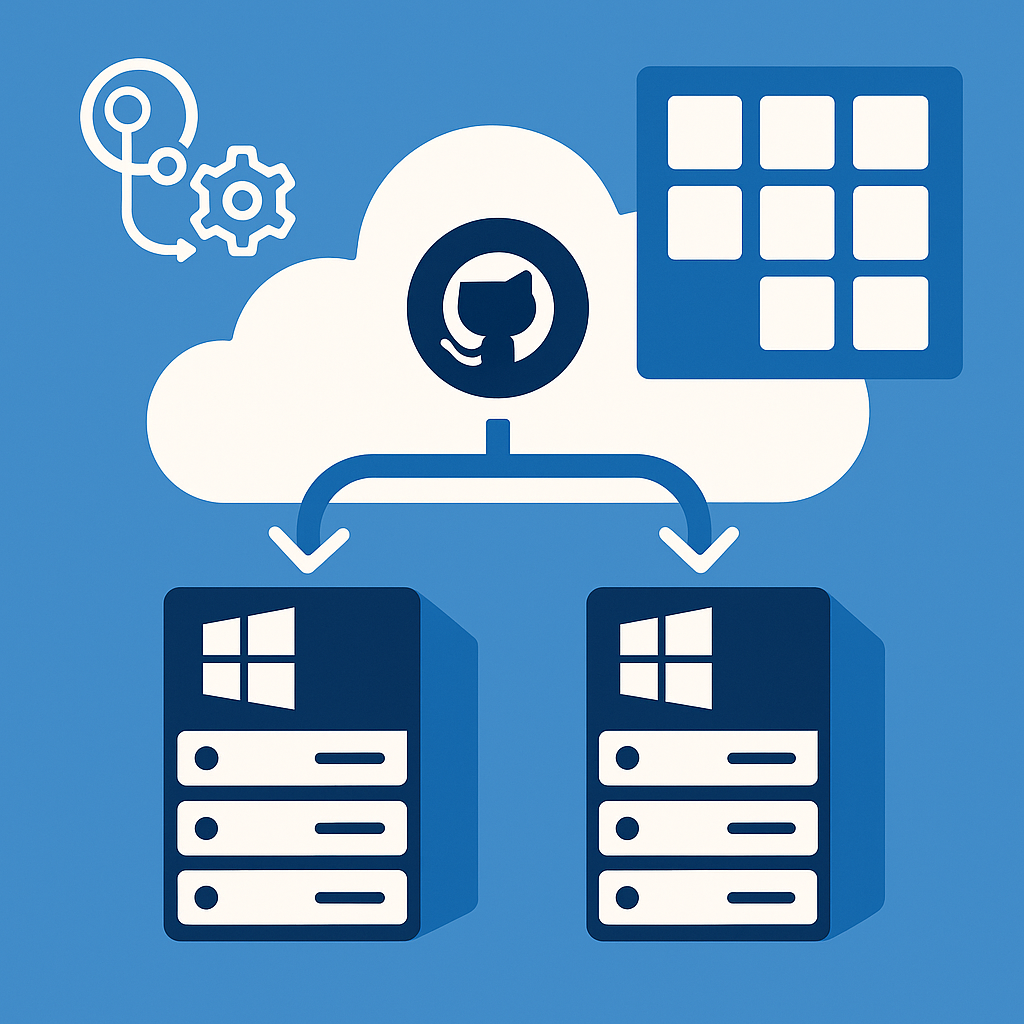Retrieve the callback url of a logic app inside your ARM template
In a recent project, we use Infrastructure as Code to roll out resources to Azure. For this, we use ARM templates, and part of this template is the deployment of Azure Alerts and a Logic App. When an alert fires, the Logic App is called, which performs some processing and forwards the call to our incident management tool called VictorOps.
The alerts use a webhook, so it needs to know the address of the Logic App to deliver the payload to. The classic alerts allowed you to specify a webhook directly, the new style of alerts use Action Groups. Each action group contains one or more actions to perform, like sending an email, or calling a logic app.
As an example a snippet of the ARM template:
"parameters": {
"workflowName": {
"type": "string"
},
"actionGroupName": {
"type": "string"
}
},
"resources":[
{
"type": "microsoft.insights/actionGroups",
"name": "[parameters('actionGroupName')]",
"apiVersion": "2018-03-01",
"location": "Global",
"tags": {},
"scale": null,
"properties": {
"groupShortName": "[parameters('actionGroupName')]",
"enabled": true,
"emailReceivers": [],
"smsReceivers": [],
"webhookReceivers": [
{
"name": "logicapp_webhook",
"serviceUri": "[listCallbackURL(concat(resourceId('Microsoft.Logic/workflows', parameters('workflowName')), '/triggers/manual'), '2016-06-01').value]"
}
],
"itsmReceivers": [],
"azureAppPushReceivers": [],
"automationRunbookReceivers": [],
"voiceReceivers": [],
"azureFunctionReceivers": []
},
"dependsOn": [
"[resourceId('Microsoft.Logic/workflows', parameters('workflowName'))]"
]
}]
In this example, we have a serviceUri defined pointing to the actual callback URL which is exposed by the Http action inside the logic app. We need to reference the '/triggers/manual'. If you do not do so, you reference the actual workflow definition itself which cannot be used to send data to.
So use [listCallbackURL(concat(resourceId('Microsoft.Logic/workflows', parameters('workflowName')), '/triggers/manual'), '2016-06-01').value] to fetch the actual callback url which allows you to post data to your Logic App.
You can also apply this to the classic alerts:
{
"type": "microsoft.insights/alertrules",
"name": "databasename Failed Connections",
"apiVersion": "2014-04-01",
"location": "westeurope",
"tags": {
"[concat('hidden-link:',resourceId('Microsoft.Sql/servers/databases', variables('sqlServerName'), 'databasename'))]": "resources"
},
"scale": null,
"properties": {
"name": "databasename Failed Connections",
"description": null,
"isEnabled": true,
"condition": {
"odata.type": "Microsoft.Azure.Management.Insights.Models.ThresholdRuleCondition",
"dataSource": {
"odata.type": "Microsoft.Azure.Management.Insights.Models.RuleMetricDataSource",
"resourceUri": "[resourceId('Microsoft.Sql/servers/databases', variables('sqlServerName'), 'databasename')]",
"metricNamespace": null,
"metricName": "connection_failed"
},
"operator": "GreaterThan",
"threshold": 10,
"windowSize": "PT5M"
},
"actions": [
{
"odata.type": "Microsoft.Azure.Management.Insights.Models.RuleWebhookAction",
"properties": {},
"serviceUri": "[listCallbackURL(concat(resourceId('Microsoft.Logic/workflows', parameters('workflowName')), '/triggers/manual'), '2016-06-01').value]"
}
]
},
"dependsOn": [
"[resourceId('Microsoft.Sql/servers/databases', variables('sqlServerName'), 'databasename')]",
"[resourceId('Microsoft.Logic/workflows', parameters('workflowName'))]"
]
}
Be aware that they will become obsolete soon.
You can, instead of a webhook, also specify the Logic App directly in the Action Group. Do note that the UI only shows the name of the Logic App, not the underlying URL that will be called.
"logicAppReceivers": [
{
"name": "LogicApp",
"resourceId": "[resourceId('Microsoft.Logic/workflows', parameters('workflowName'))]",
"callbackUrl": "[listCallbackURL(concat(resourceId('Microsoft.Logic/workflows', parameters('workflowName')), '/triggers/manual'), '2016-06-01').value]"
}
],
Above, we specify both the Logic App name (the resource id) as well as the callback URL.





Leave a comment